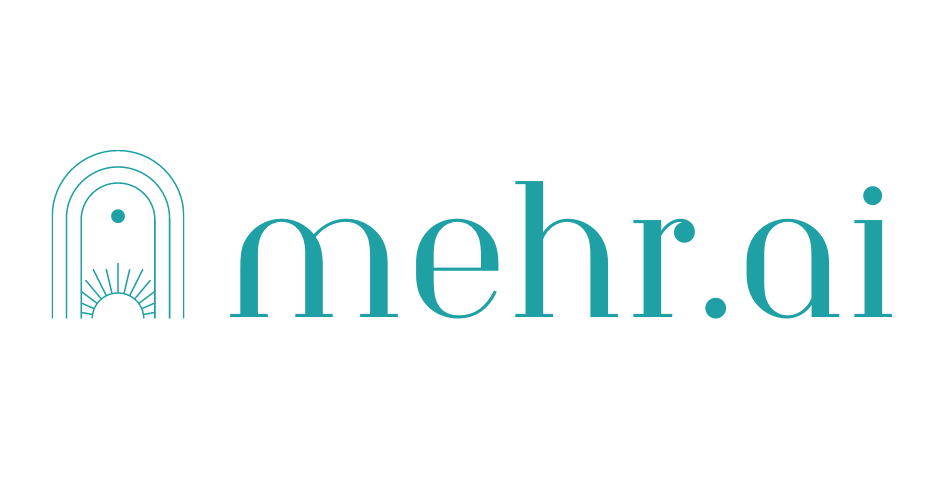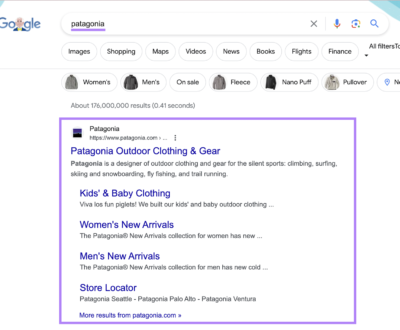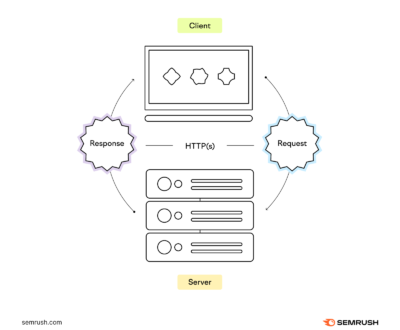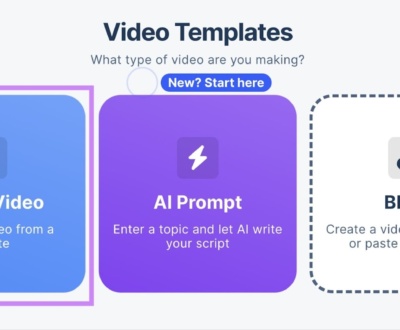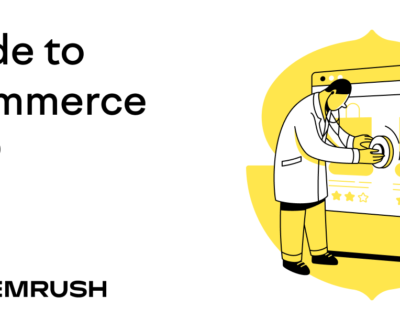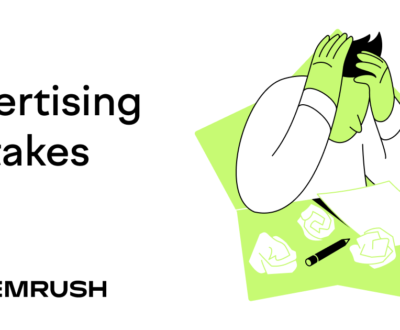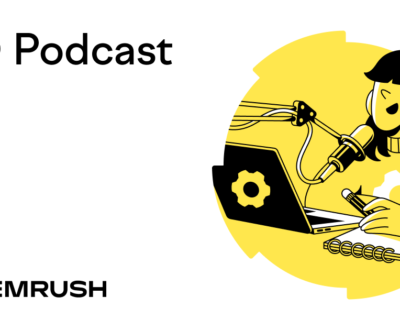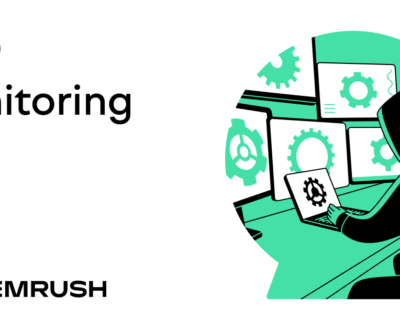Master the Art of SEO: The Ultimate Guide to Boosting Website Rankings
- August 5, 2023
- Uncategorized
[ad_1]
Title: Master the Art of SEO: The Ultimate Guide to Boosting Website Rankings
Introduction:
Welcome to the ultimate guide on mastering the art of SEO! In this article, we will dive deep into the world of search engine optimization to help you boost your website rankings and attract more organic traffic. Whether you’re a beginner or an experienced marketer, we’ve got you covered. So, let’s get started!
Understanding SEO:
SEO, or search engine optimization, is the process of improving your website’s visibility on search engine results pages (SERPs). By implementing SEO techniques, you can rank higher and gain more organic visibility, ultimately driving more relevant traffic to your site.
Keywords: The Foundation of SEO:
Keywords play a crucial role in SEO. These are the words or phrases users type into search engines when looking for specific information. Properly incorporating relevant keywords in your website’s content will make it easier for search engines to identify and rank your site accurately.
1. Research: Begin by understanding the keywords your target audience uses. Various tools like Google Keyword Planner or SEMrush can help you identify popular and relevant keywords that align with your content.
2. Placement: Once you have a list of keywords, strategically place them in your website’s metadata, titles, headings, and throughout your content. However, avoid keyword stuffing, as search engines penalize sites that engage in such practices.
3. User Intent: Understand user intent behind their searches. This will allow you to create content that addresses their needs effectively, leading to higher rankings and increased user satisfaction.
On-Page Optimization: From Meta Tags to Mobile-Friendliness:
On-page optimization refers to the elements you can control within your website to improve your search engine rankings. Here are some key aspects you should focus on:
1. Meta Tags: Meta titles and meta descriptions give search engines and users a brief overview of your webpage’s content. Optimize these tags by using relevant keywords and compelling descriptions that accurately represent your page.
2. URLs and Heading Tags: Use descriptive URLs and heading tags (H1, H2, etc.) to structure your content logically. These help search engines understand the hierarchy of your information and improve user experience as well.
3. Image Optimization: Optimize image file names, alt tags, and captions to improve search engine visibility. Compress images to reduce page loading time and ensure a positive user experience.
4. Mobile-Friendly Design: With more users accessing the internet via mobile devices, search engines prioritize websites that offer a mobile-friendly experience. Ensure your site is responsive, loads quickly, and provides a smooth browsing experience on all devices.
Off-Page Optimization: Building Authority and Backlinks:
Off-page optimization involves activities outside your website that improve its rankings. It primarily revolves around building authority and acquiring high-quality backlinks from reputable sources. Here are a few strategies to consider:
1. Link Building: Focus on acquiring natural, high-quality backlinks from authoritative websites. Guest posting, outreach campaigns, and partnerships can help you build a robust backlink profile that search engines will value.
2. Social Media Engagement: Leverage social media platforms to engage with your audience, promote your content, and build brand authority. Social signals can indirectly impact your website’s rankings.
3. Online Directories and Reviews: Registering your website on relevant online directories and obtaining positive reviews will enhance your online visibility and credibility.
FAQs: Your SEO Queries Answered:
Q1. How long does it take to see SEO results?
A. SEO is a long-term strategy, and results can vary widely based on various factors. While some changes may lead to immediate improvements, it can take several months to see significant results. Patience and consistent effort are essential.
Q2. What are the best tools for SEO?
A. There are numerous SEO tools available to aid your efforts. Popular tools include Google Analytics, Google Search Console, SEMrush, Moz, and Ahrefs – each providing valuable insights into keywords, rankings, and website health.
Q3. Is SEO only about ranking higher on Google?
A. While Google is the dominant search engine, SEO efforts benefit all search engines. Optimizations that improve your rankings on Google will likely result in improvements on other search engines as well.
Q4. Can I do SEO by myself, or should I hire an expert?
A. SEO can be done independently with the right knowledge and tools. However, hiring an SEO expert can save time and provide valuable insights and strategies specific to your business.
Conclusion:
Mastering the art of SEO is an ongoing process that requires time, effort, and a sound strategy. By understanding the foundations of SEO, implementing on-page and off-page optimizations, and continually monitoring and adjusting your strategies, you can boost your website rankings and attract more organic traffic. Stay informed about the latest SEO trends and algorithm updates to stay ahead of the competition. So what are you waiting for? Start optimizing your website and watch your rankings soar!
[ad_2]
About us and this blog
We are a digital marketing company with a focus on helping our customers achieve great results across several key areas.
Request a free quote
We offer professional SEO services that help websites increase their organic search score drastically in order to compete for the highest rankings even when it comes to highly competitive keywords.
Subscribe to our newsletter!
More from our blog
See all postsRecent Posts
- What Is It & Tips on how to Do It December 7, 2023
- What It Is and The way to Use It December 7, 2023
- High 10 Content material Repurposing Instruments for 2024 December 7, 2023
